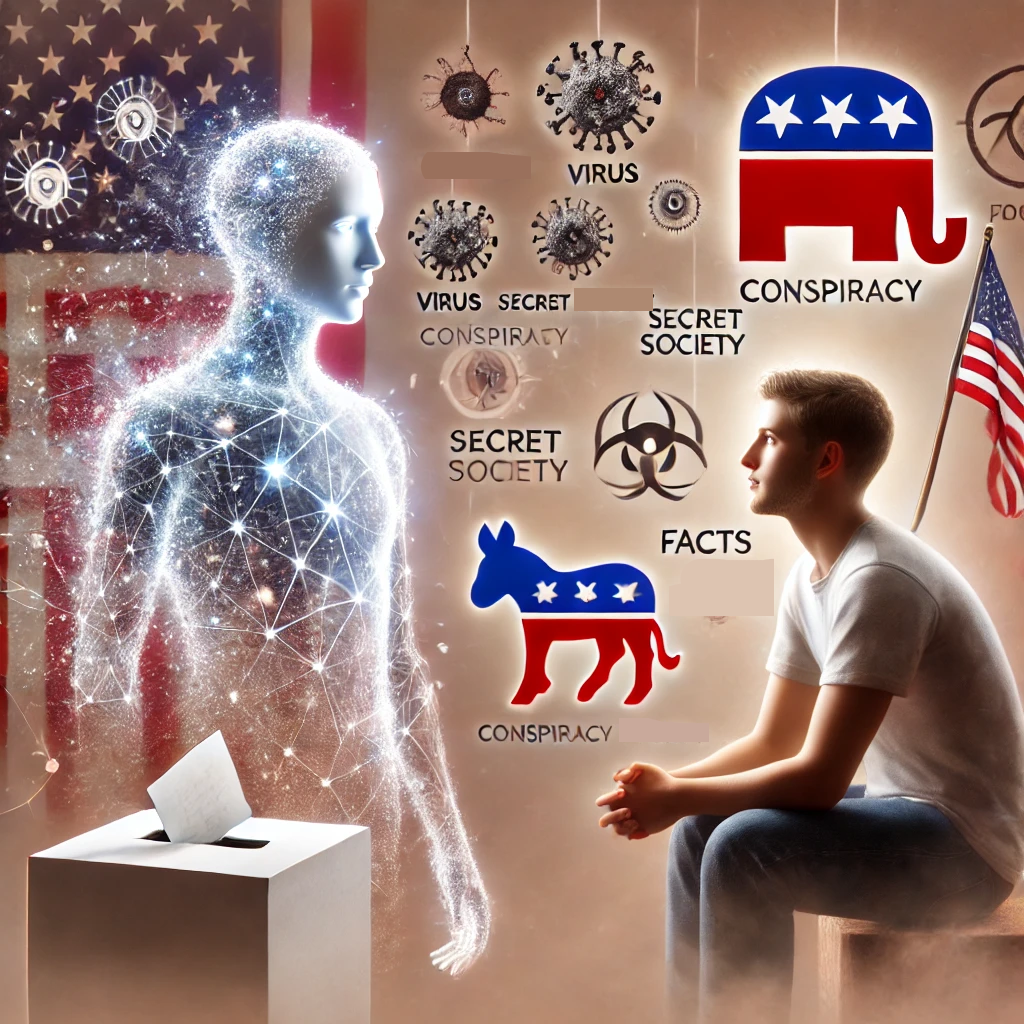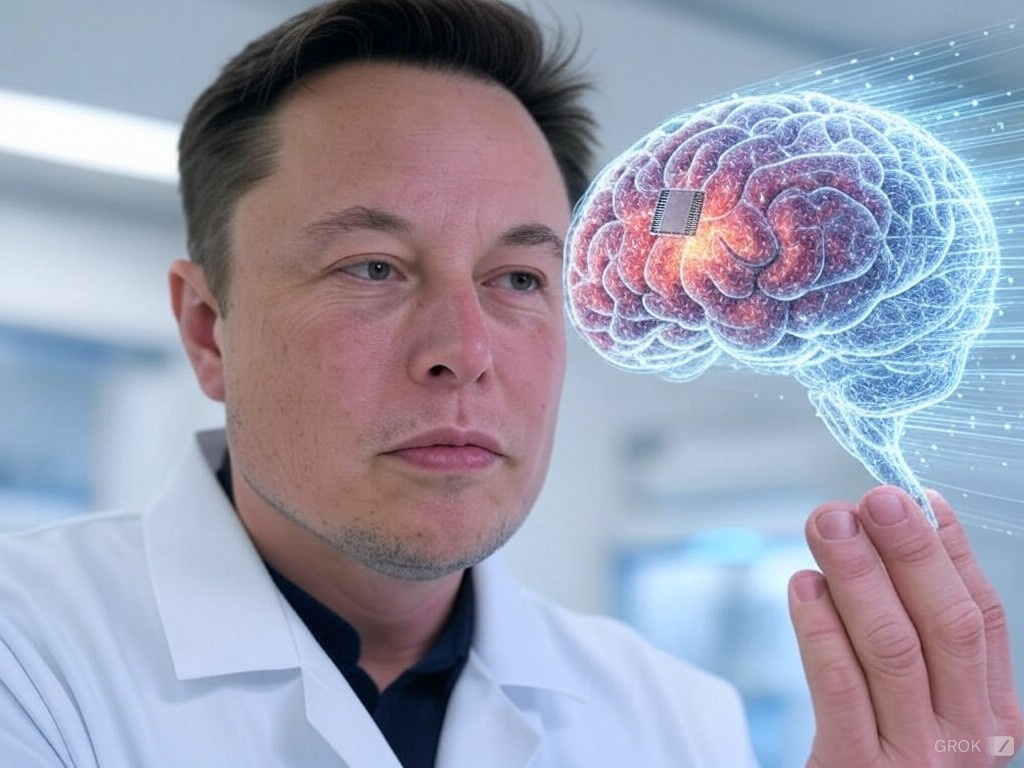A recent study has revealed that artificial intelligence (AI) might be a powerful tool in helping people let go of conspiracy theories, even those they are deeply invested in. Conspiracy theories have become a significant issue in modern society, often leading to real-world violence and unrest. For example, the belief that the 2020 U.S. election was stolen fueled the attack on the U.S. Capitol on January 6, 2021. Similarly the belief that Climate Change is a hoax. But this new research offers hope that these beliefs can be changed.
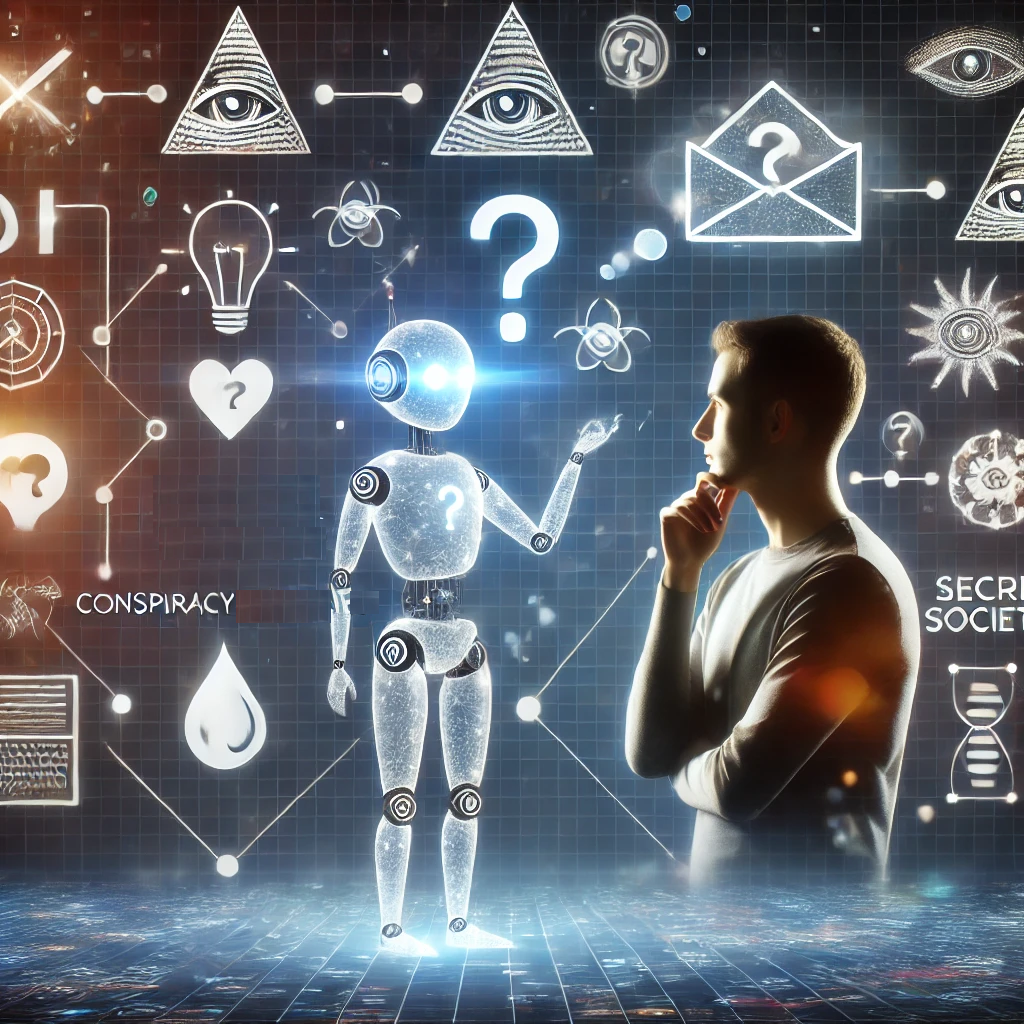
The study involved 2,190 Americans, each of whom described a conspiracy theory they believed in. Some participants talked about long-standing conspiracies, like those involving aliens or the assassination of John F. Kennedy. Others focused on more recent theories, like the idea that COVID-19 was part of a secret plan or that the 2020 U.S. election was rigged. After explaining their beliefs, participants engaged in three rounds of conversation with an AI, specifically designed to counter their claims with evidence and facts.

The AI used in the study was an advanced chatbot that could respond in real time, tailoring its responses to each individual’s reasoning. Rather than offering broad, general arguments, the AI addressed the specific evidence that participants believed supported their conspiracy theory. This personalized approach made the conversations more engaging and relevant. After just three rounds of back-and-forth discussion, participants’ belief in their chosen conspiracy dropped by an average of 20%.
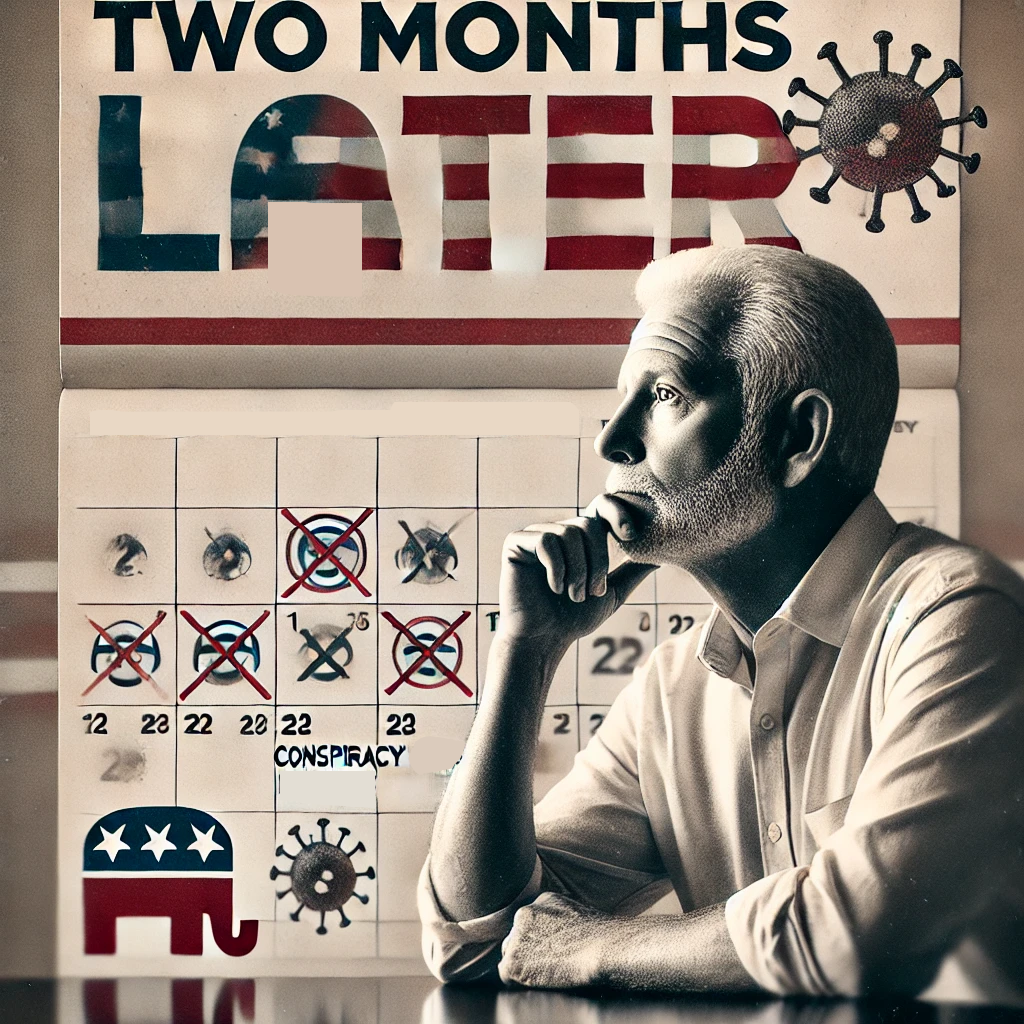
What makes these findings especially important is that the change in belief wasn’t just temporary. Two months after their conversations with the AI, participants were still less likely to believe in the conspiracy theory they had described. This long-lasting effect suggests that AI could be a key player in changing the way people engage with misinformation and conspiracy theories over time.

This study is a breakthrough in addressing a problem that many have thought was unsolvable. For years, experts believed that conspiracy theories were nearly impossible to debunk once someone was committed to them. They argued that people are drawn to conspiracies because they fulfill psychological needs, like feeling in control or special. As a result, countering these beliefs with facts was seen as ineffective. However, this new research suggests that people’s minds can be changed if they are presented with the right kind of evidence, in the right way.

Unlike traditional methods, which often rely on providing generic fact-checking information, the AI in this study took a much more personalized approach. It used advanced language processing to engage in meaningful conversations, directly addressing the specific evidence and arguments that each participant believed. This method of personalized persuasion appears to have been far more effective than blanket fact-checking, which can sometimes feel impersonal or dismissive.
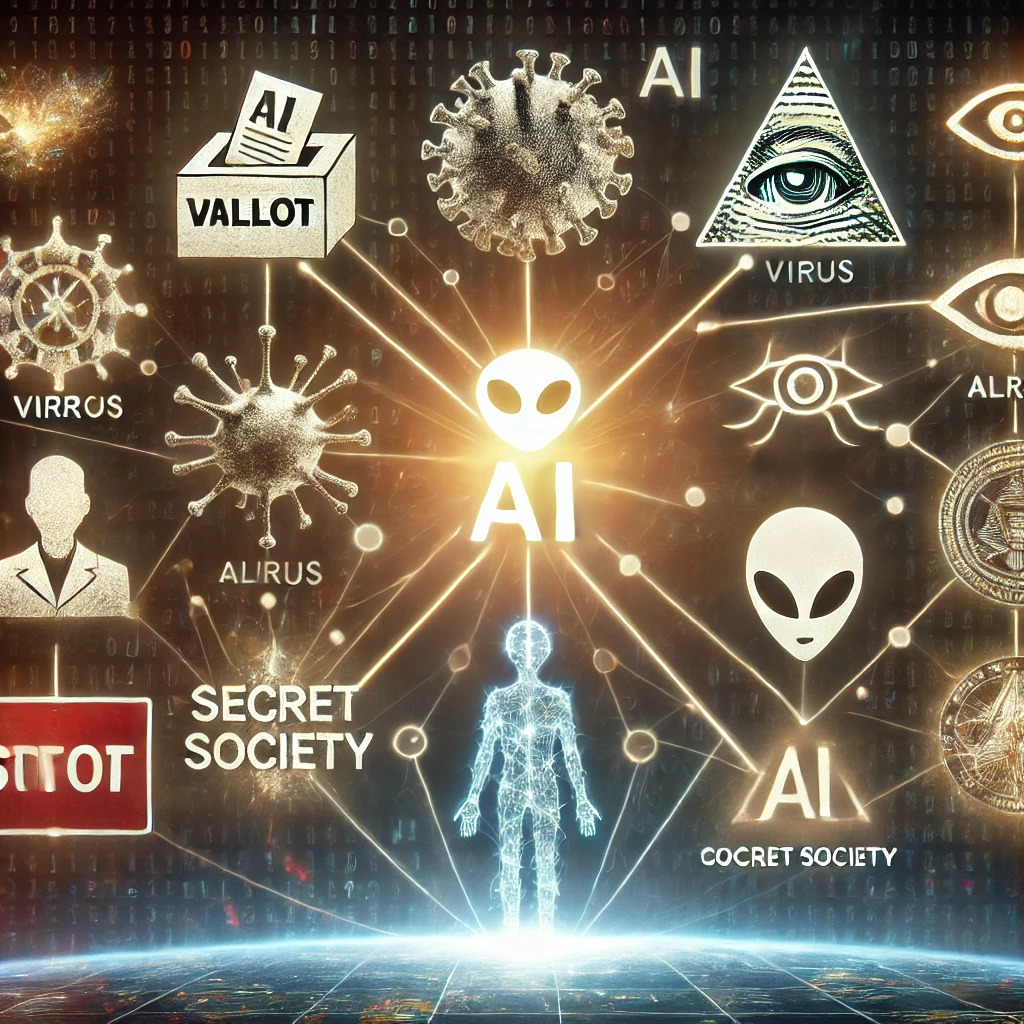
One particularly promising aspect of the study is that it worked across a wide range of conspiracy theories. Whether participants believed in classic conspiracies about aliens or more recent ones involving COVID-19, the AI was able to significantly reduce their belief in these theories. In addition, the effects weren’t limited to the specific conspiracy theory discussed. Many participants reported a general reduction in their belief in other, unrelated conspiracy theories as well.
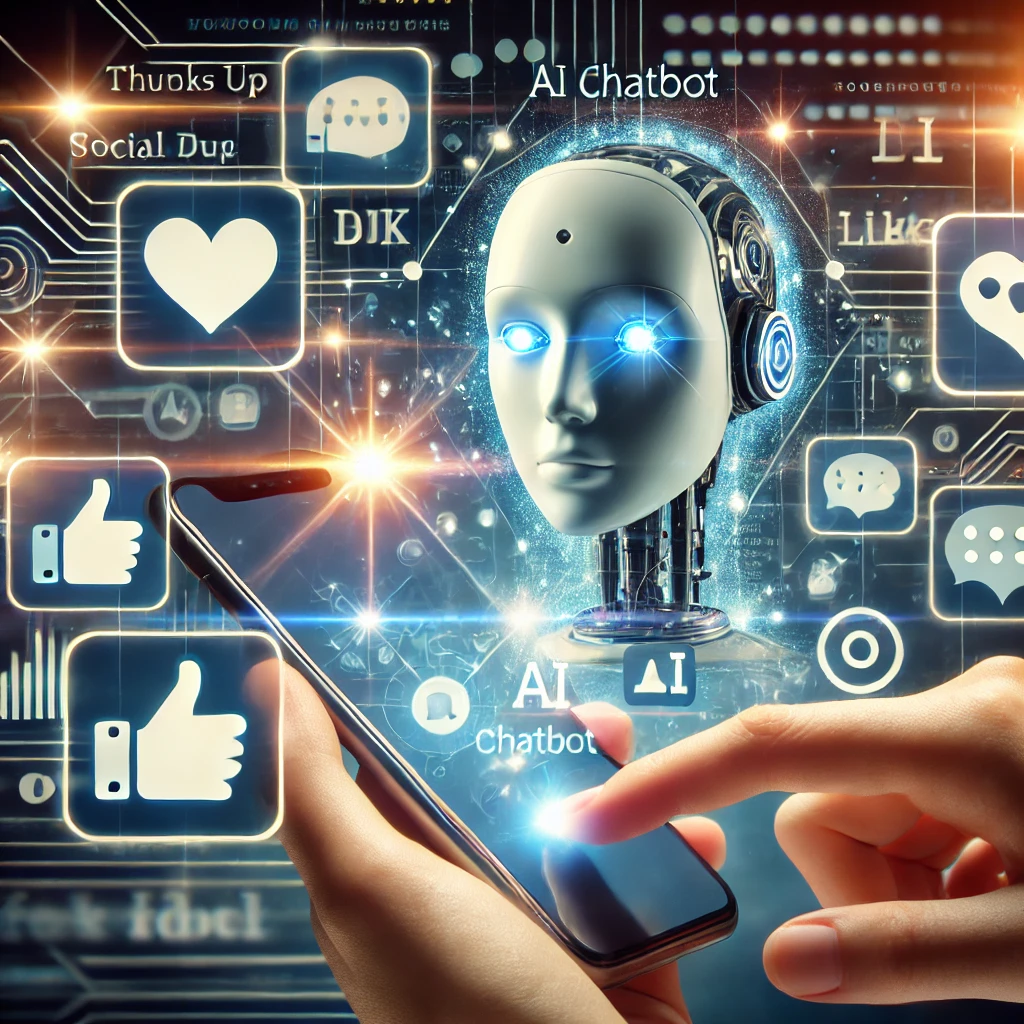
The potential of AI to tackle misinformation and conspiracy theories is significant. The study’s authors suggest that AI chatbots could be used on social media platforms to respond to posts promoting conspiracy theories. This would allow for real-time, personalized fact-checking, which could be more effective than current methods that often fail to engage users directly. Similarly, people searching for conspiracy-related content online could be met with AI-generated counterarguments tailored to their specific search queries.
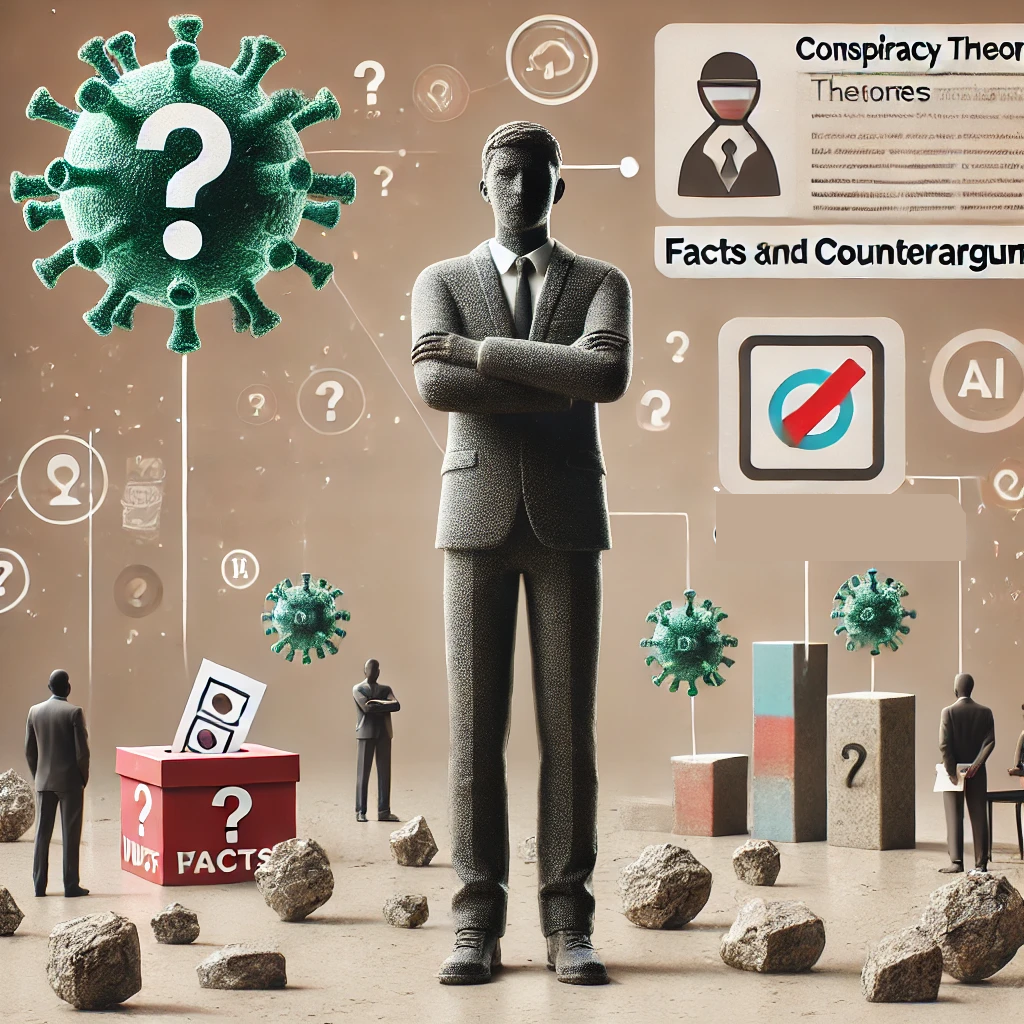
Of course, AI is not a perfect solution, and the study’s authors are careful to point out that not all participants were fully convinced. Some people remained steadfast in their beliefs, and AI won’t be able to reach everyone. However, the fact that even some deeply entrenched conspiracy believers changed their minds shows that AI has the potential to make a real difference.
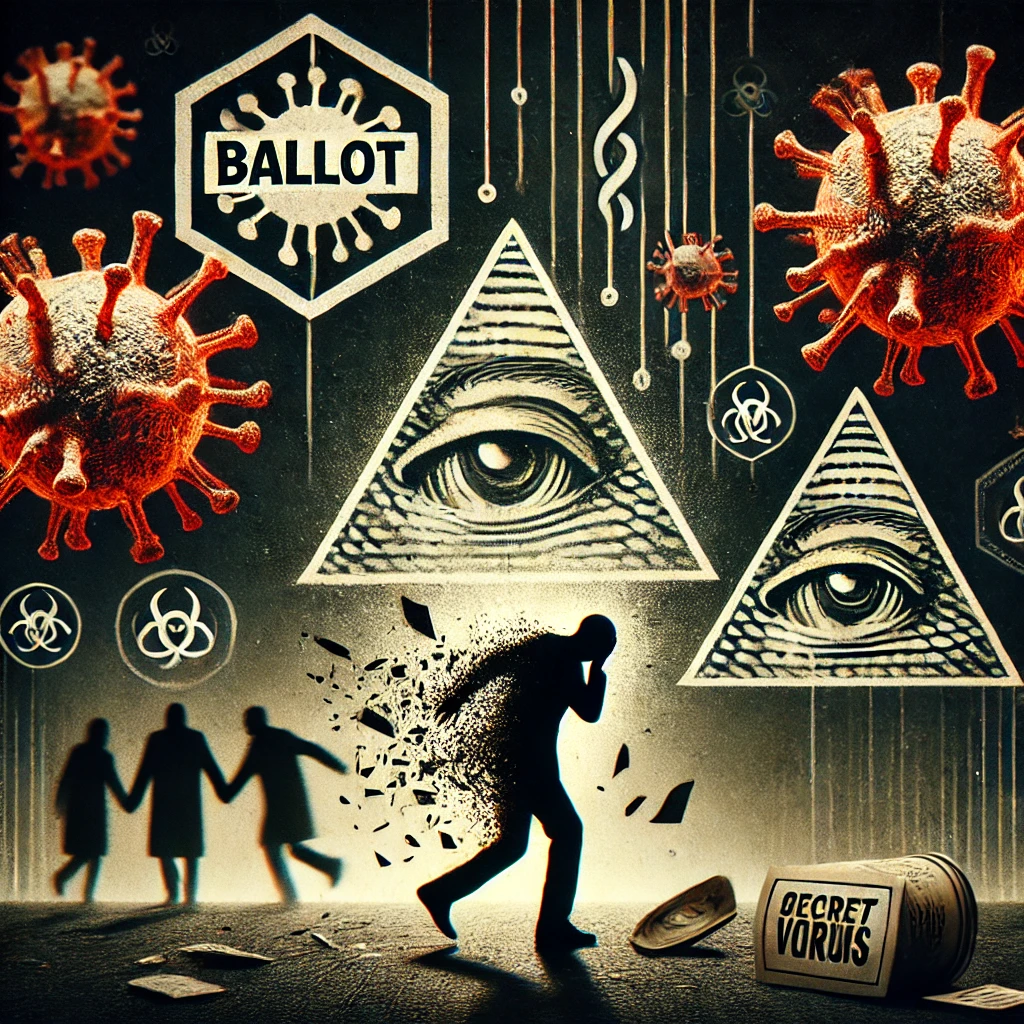
Overall, the study offers a more optimistic view of human reasoning than what many had assumed. It suggests that people are not completely immune to changing their minds, even when it comes to strongly held conspiracy beliefs. With the right tools and approaches, such as AI-powered conversations, society may be able to reduce the harmful impacts of conspiracy theories and the misinformation that fuels them.


